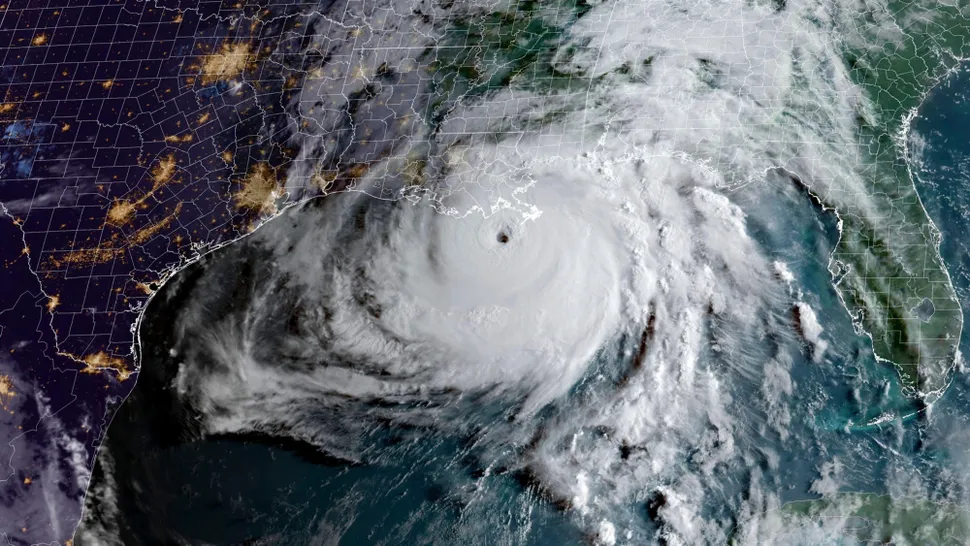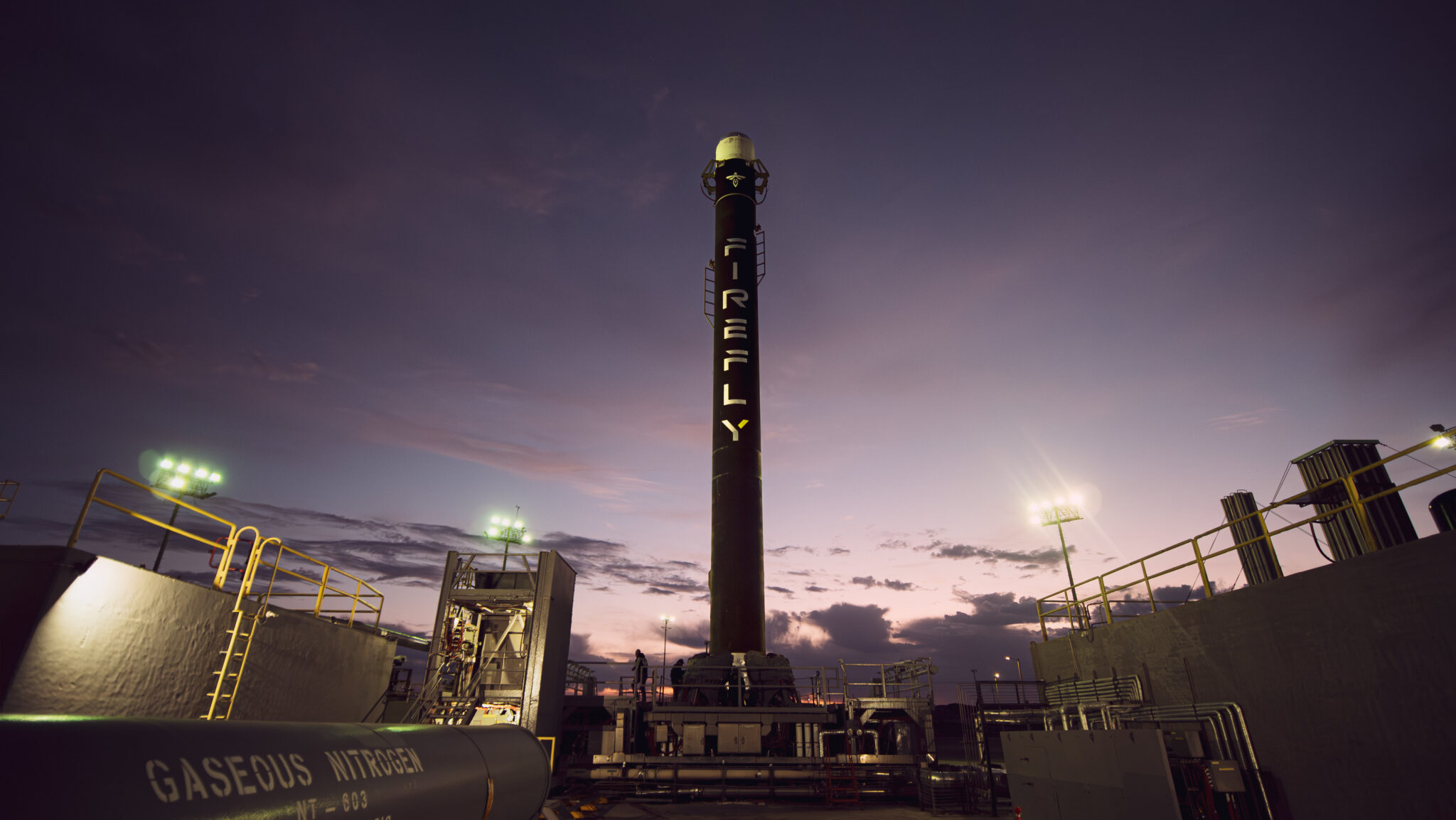Google's DeepMind AI can make better weather forecasts than supercomputers
DeepMind's new machine learning algorithm takes less than a minute to make its forecasts and can run on a desktop. But it won't replace traditional forecasts anytime soon.

Breaking space news, the latest updates on rocket launches, skywatching events and more!
You are now subscribed
Your newsletter sign-up was successful
Want to add more newsletters?

Delivered daily
Daily Newsletter
Breaking space news, the latest updates on rocket launches, skywatching events and more!

Once a month
Watch This Space
Sign up to our monthly entertainment newsletter to keep up with all our coverage of the latest sci-fi and space movies, tv shows, games and books.

Once a week
Night Sky This Week
Discover this week's must-see night sky events, moon phases, and stunning astrophotos. Sign up for our skywatching newsletter and explore the universe with us!

Twice a month
Strange New Words
Space.com's Sci-Fi Reader's Club. Read a sci-fi short story every month and join a virtual community of fellow science fiction fans!
Google DeepMind has developed a machine learning algorithm that it claims can predict the weather more accurately than current forecasting methods that use supercomputers.
Google's model, dubbed GraphCast, generated a more accurate 10-day forecast than the High Resolution Forecast (HRES) system run by the European Centre for Medium-Range Weather Forecasts (ECMWF) — making predictions in minutes rather than hours. Google DeepMind brands HRES the current gold standard weather simulation system.
GraphCast, which can run on a desktop computer, outperformed the ECMWF on more than 99% of weather variables in 90% of the 1,300 test regions, according to findings published Nov. 14 in the journal Science.
But researchers say it is not flawless because results are generated in a black box — meaning the AI cannot explain how it found a pattern or show its workings — and that it should be used to complement rather than replace established tools.
Related: Is climate change making the weather worse?
Forecasting today relies on plugging data into complex physical models and using supercomputers to run simulations. The accuracy of these predictions relies on granular details within the models, and they are energy-intensive and expensive to run.
But machine learning weather models can operate more cheaply because they need less computing power and work faster. For the new AI model, researchers trained GraphCast on 38 years' worth of global Earth weather readings up to 2017. The algorithm established patterns between variables such as air pressure, temperature, wind and humidity that not even the researchers understood.
Breaking space news, the latest updates on rocket launches, skywatching events and more!
After this training, the model extrapolated forecasts from global weather estimates made in 2018 to make 10-day forecasts in less than a minute. Running GraphCast alongside the ECMWF's high-resolution forecast, which uses more conventional physical models to make predictions, the scientists found that GraphCast gave more accurate predictions on more than 90% of the 12,000 data points used.
GraphCast can also predict extreme weather events, such as heatwaves, cold spells and tropical storms, and when Earth's upper atmospheric layers were removed to leave only the lowest level of the atmosphere, the troposphere, where weather events that impact humans are prominent, the accuracy shot up to more than 99%.
"In September, a live version of our publicly available GraphCast model, deployed on the ECMWF website, accurately predicted about nine days in advance that Hurricane Lee would make landfall in Nova Scotia," Rémi Lam, a research engineer at DeepMind, wrote in a statement. "By contrast, traditional forecasts had greater variability in where and when landfall would occur, and only locked in on Nova Scotia about six days in advance."
Despite the model's impressive performance, scientists don't see it supplanting currently used tools anytime soon. Regular forecasts are still needed to verify and set the starting data for any prediction, and as machine learning algorithms produce results they cannot explain, they can be prone to errors or "hallucinations."
Instead, AI models could complement other forecast methods and generate faster predictions, the researchers said. They can also help scientists see shifts in climate patterns over time and get a clearer view of the bigger picture.
"Pioneering the use of AI in weather forecasting will benefit billions of people in their everyday lives. But our wider research is not just about anticipating weather — it's about understanding the broader patterns of our climate," Lam wrote. "By developing new tools and accelerating research, we hope AI can empower the global community to tackle our greatest environmental challenges."

Ben Turner is a U.K. based staff writer at Live Science. He covers physics and astronomy, among other topics like weird animals and climate change. He graduated from University College London with a degree in particle physics before training as a journalist. When he's not writing, Ben enjoys reading literature, playing the guitar and embarrassing himself with chess.

